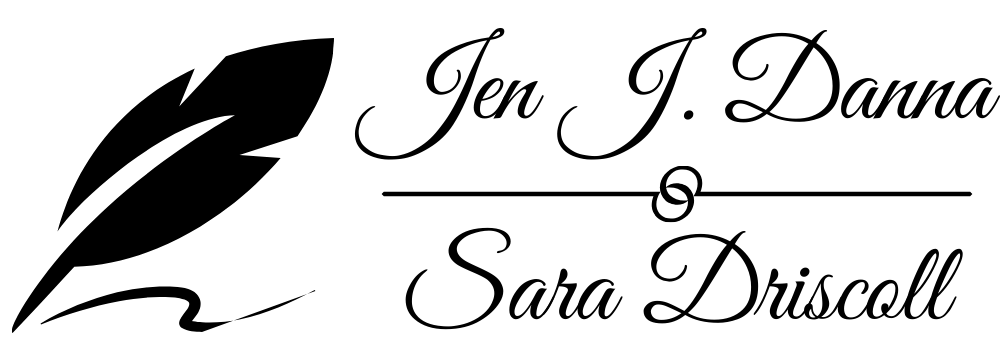The Privilege of Authorial Control
/'Truth' by Walter Seymour Allward, the Supreme Court of Canada, Ottawa, Ontario
Ann and I are currently in the research stage of our new FBI K-9 book (#3!) and are just about to start outlining. We’re right on schedule to be writing by May 1st, aiming for a completed draft by the end of July.
I had an interesting conversation with my mother yesterday. Mom has been a bit laid up with a bum knee lately that has required more of my time than usual making sure that she could manage meals etc. Mom, in turn, has been more on top of my writing than usual, making sure that I’m staying on schedule. So, she knows more about the direction of this book than she usually does at this stage. Some of the research I’ve been doing for this book is, frankly, hard. It’s difficult material, highlighting a darker side of society, one I’ve never had any experience with personally. When we were talking about it yesterday, Mom commented on some of the movies my older brother has considered (Mychael Danna, composer for movies such as Life of Pi, Moneyball, Capote, and others), and how he’d turned some of them down when the content was particularly brutal, especially when the movie portrayed a true story.
It made me realize that I have a level of control in my art that isn’t possible in his. Yes, his music gives his movies a punch that is sometimes conveyed more emotionally than the written word, but he has no control over the story. His film compositions are strictly reactive—he scores the combined vision of the writer and the director. Conversely, authors are proactive—the story is literally in our hands.
'Justice' by Walter Seymour Allward, the Supreme Court of Canada, Ottawa, Ontario
It made me realize how lucky I am. In a world which seems increasingly uncertain and where the common person has basically no control—i.e. the current chaos in America, as well as the looming specters of Russia, Syria, North Korea—writing allows an author the privilege of being in charge. So, when my mother commented on the darkness of that major aspect of the storyline, my response was that we would have the satisfaction of seeing justice done and of good trouncing evil. Honestly, there’s enough bad in the world that I don’t need to come out of a book feeling even more downtrodden (and I’m sure other readers feel the same), let alone immersing myself in that kind of storyline for months while I’m writing it. So, we get the luxury of seeing the kind of justice we’d like to see in the world if it were a more perfect place. Now, that doesn’t mean it’s going to be a straight plot line, or that the characters will have an easy time of it—where's the fun in that?—but that just makes the win at the end that much more satisfying. It certainly is a known fact that reading tastes tend to change depending on the political/world climate. Most of the time dystopian fiction tends to flourish when the world monetary markets are stable. However, interestingly, as the American government has moved to a more authoritarian stance, dystopian novels such as 1984 and The Handmaid’s Tale have become more relevant and popular as readers are looking for parallels between the current administration and their world, and these fictional dystopian worlds of yesterday.
Where do you stand on it? Are you finding your own reading habits leaning in the direction of happier endings right now because just watching the news is enough to give you a stress-related ulcer? Or do you find comfort and relevance in dystopian worlds as we try to navigate through the uncertainty of our own times?
Photo credit: D. Gordon E. Robertson - Own work, CC BY-SA 3.0, https://commons.wikimedia.org/w/index.php?curid=9441090/ https://commons.wikimedia.org/w/index.php?curid=9441019



 27.4%
27.4%